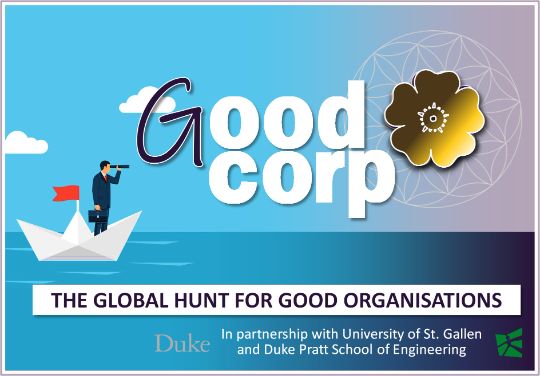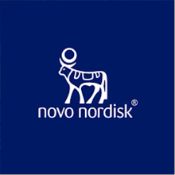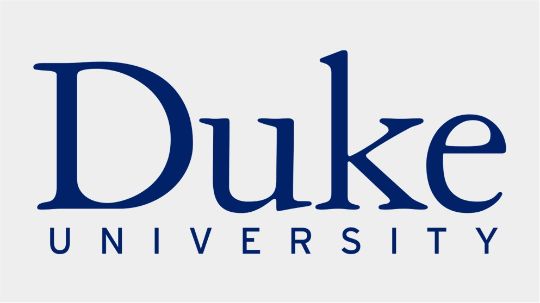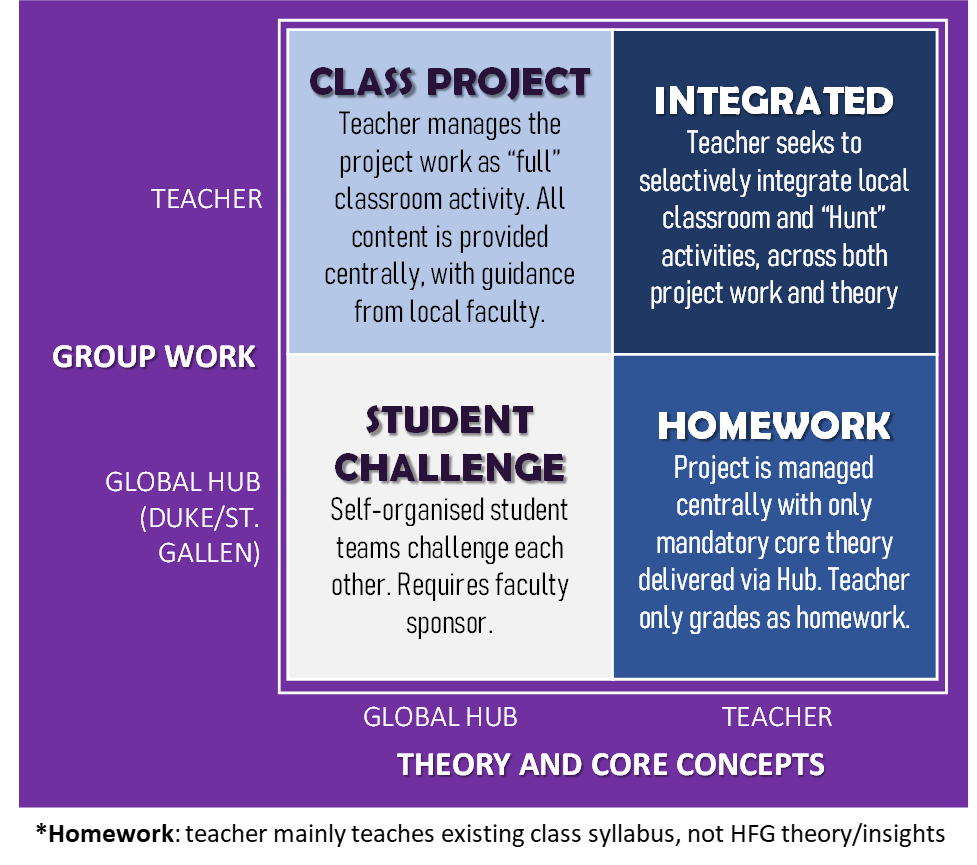Welcome to a groundbreaking initiative poised to reshape leadership education! We're not just creating a teaching module; we're crafting an experience that transforms how leadership is taught and learned.
What's It All About? This unique project promises a transformative journey, empowering students to redefine their perception of organizations and leadership; they will examine their own role in shaping a better world. Over the course, student teams will embark on a quest to identify and interview exemplary companies that are transforming their business and operating models in the spirit of responsible leadership. Their mission: to uncover what sets these organizations apart and create insightful case studies that capture "the difference that really makes the difference". Through the elaboration of these case studies, we invite students to actively reflect on their own leadership and empower them to make more informed choices in their future careers.
What Are The Objectives? While our course is titled “Hunt for Good Organisations”, its main objective is to develop responsible leadership competencies. Throughout the project, we explore the theoretical foundations for responsible leadership, in the context of society, economy and complex modern organisations. We draw from cutting-edge research in philosophy, sociology, and management to offer students diverse and critical perspectives on management and leadership. At the same time, we promote a holistic approach to organisational and personal transformation, based on the "Good Organisations" inquiry, which cultivates ethical capabilities by emphasising wise decision-making, moral character, and virtues.
How Is It Different? Our mission transcends the confines of traditional business education, in both content and teaching methods. Traditional leadership education often clings to conventional theories, perpetuating profit maximization, positional competition, and narrow views of success. It neglects the vital integration of ethics, failing to instill the wisdom and virtues essential for responsible leadership. On the didactic front, traditional methods frequently rely on textbook-centered classroom teaching based on mathematical or technical models and simplistic case studies - lacking real-world exposure and essential competency development. Consequentially, students find themselves ill-prepared for the complexities of a rapidly evolving business landscape, perpetuating a cycle of exploitation and suffering.
1. Our innovative methodology seeks to integrate action learning and transformational development, based on a combination of:
- Practical tasks: propelling students into the real world, giving them exposure to a number of self-selected organizations across a range of industries. This hands-on approach supports the development of important competencies—such as project management, interviewing, research, networking, and teamwork.
- Critical Insights: broadening students’ perspectives, deconstructing conventional management and leadership concepts and nurturing critical thinking. All teaching is substantiated through curated articles, class scripts and teaching resources.
- A Normative Theory: The Good Organisation model connects leadership with personal ethics and politics and provides an actionable and hopeful narrative.
2. We use group work and gamification to infuse learning with depth, motivation and fun - enabling students to manage their educational journey in a semi-independent fashion. Ideally, the classroom work provides the “container” and holding environment to foster emotional and cognitive openness to personal development and deeper identity work, whereas the group work becomes a laboratory for personal, relational and institutional exploration. Through individual and group reflection, students shift from a technical, values-free conception of leadership to a more profound understanding of ethical and practical challenges. The aim is to ensure that leaders of tomorrow are not just proficient in “skills”, but also learn to embody practical wisdom to drive positive change.
Join us on this transformative journey as we co-develop a teaching module that doesn't just educate; it inspires, challenges, and equips the leaders of tomorrow with the tools they need to make a meaningful impact on the world!



















 .
.